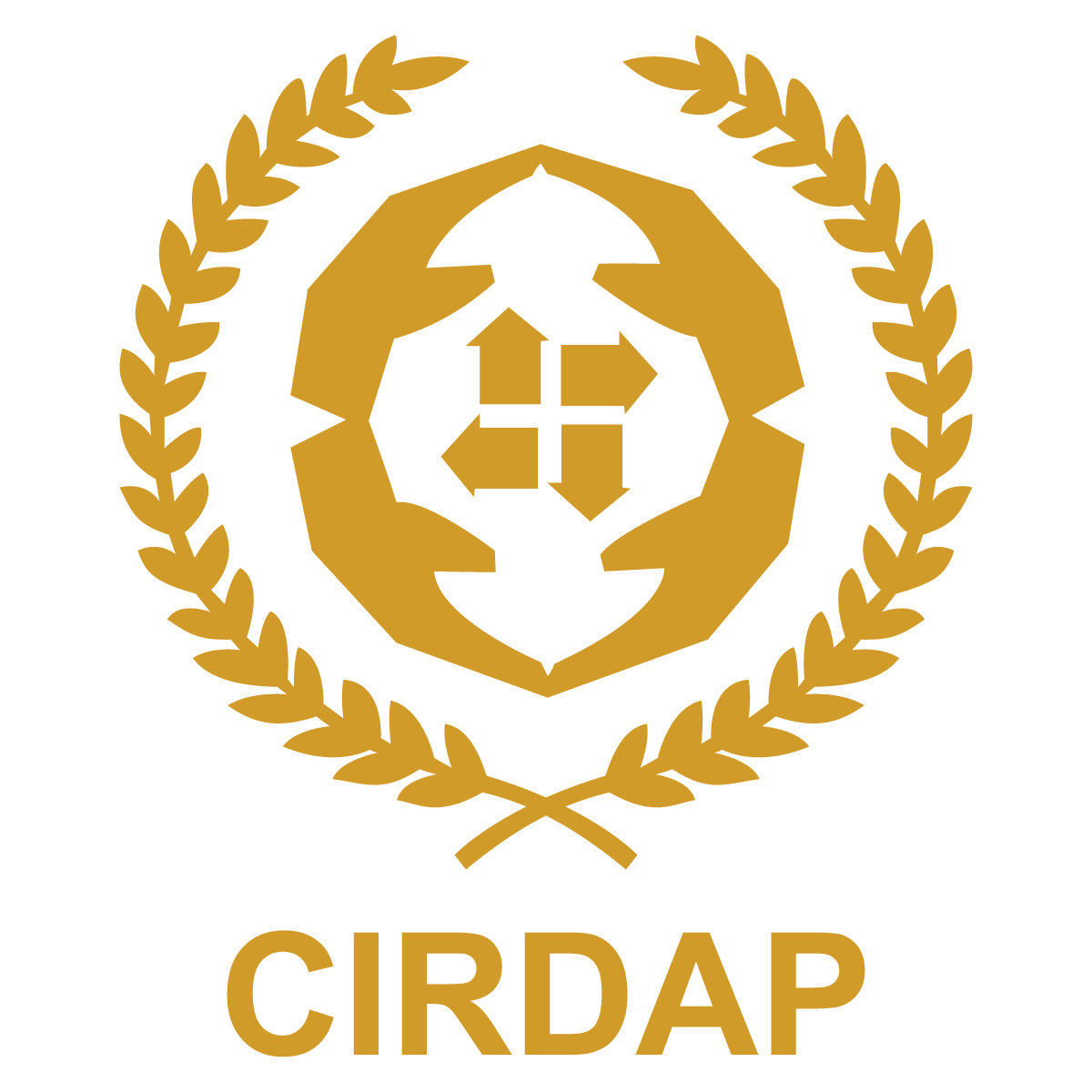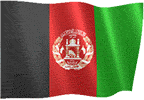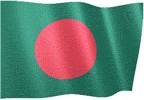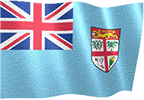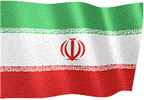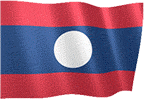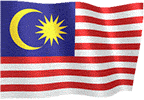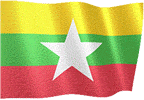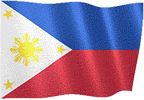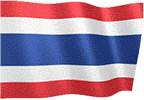CIRDAP in collaboration with NIRD&PR organized an international training programme on Social Audit for Rural Development Programme at Nay Pyi Taw in Myanmar during 15-24 January 2018. A total of 21 participants from Bangladesh, Fiji, Iran, Nepal, Pakistan, Sri Lanka, and Myanmar (host country) and four resource/facilitators converged at the My Taw Win hotel where the aforementioned training programme took place. The programme is designed to ensure transparency, good governance, responsiveness and accountability. Social audit is a tool for social accountability mechanism that empowers the people in communities to be able to participate in planning, decision making, implementation, monitoring and evaluation of projects.

Objectives:
The objectives of the programme were to:
(a) discuss the need, concept and approaches of social accountability mechanism in general and social audits in particular;
(b) make the participants understand the provisions of different rural develop programmes with reference to social accountability mechanisms; International Training Programme on Social Audit for Rural Development Programmes January-February 2018
(c) enable the participants understand and critically review the approach and practice of social audit;
(d) expose the participants to the best practices of social audit in rural development programmes in India; and
(e) have hands on experience by conducting one mock social audit in one village. Major Training Activities:
(a) The programme was inaugurated by Dr. Tin Htut as Permanent Secretary of the Ministry of Agriculture, Livestock and Irrigation (MoALI), Government of Myanmar. Mr. Tomasi Raiyawa stressed the importance of ‘leadership’ on behalf of DG CIRDP in the programme.
(b) The training began with a presentation from Myanmar’s Ministry of Agriculture, Livestock and Irrigation Department of Rural Development on Poverty Reduction Scenario of Myanmar.
(c) Country representatives presented their individual country reports.
(d) Then Dr. Dheeraja and Mr. Karuna Muthih presented lectures on Social Audit through PPT and video presentations.
(e) Towards the end of the programme, participants went on a field trip to discuss with the people through mock exercise on how to conduct social audit.
(f) And among others, Evaluation of the programme through Pre-test Form and Post-test Form by the participants.
